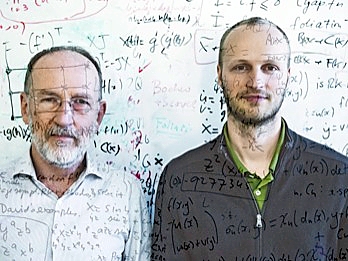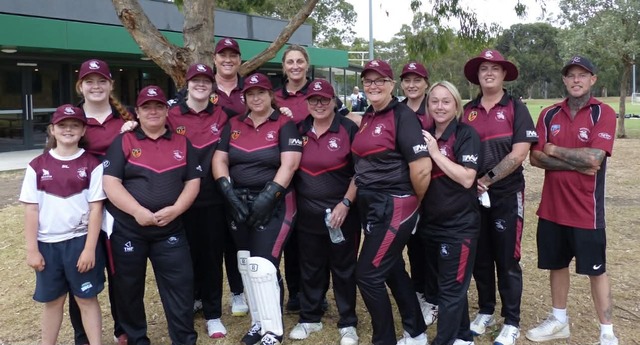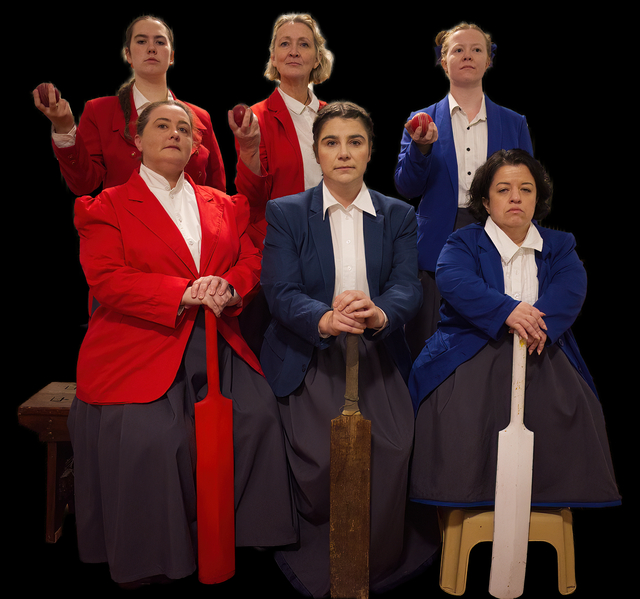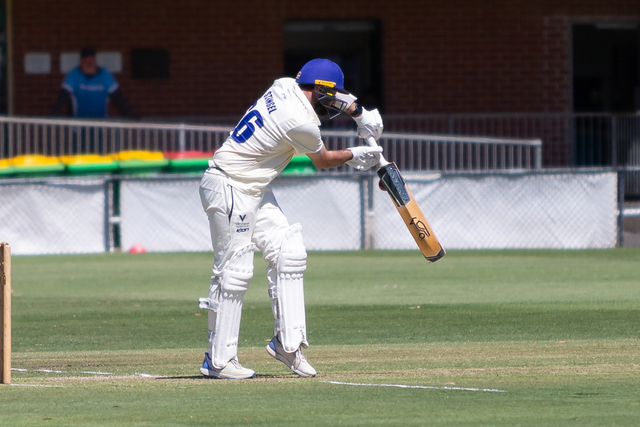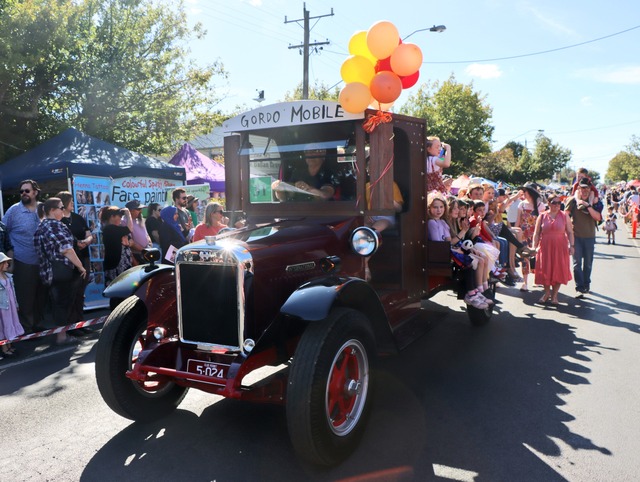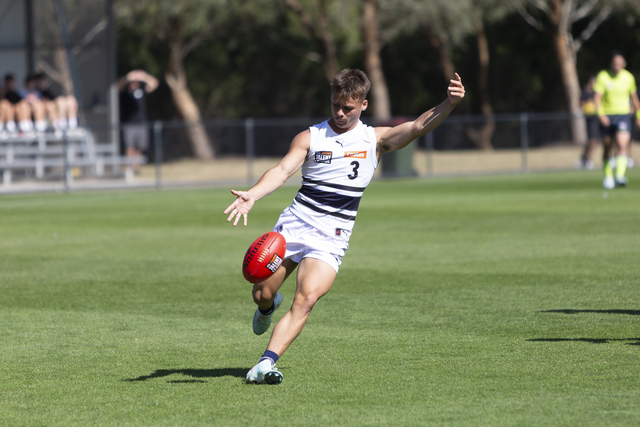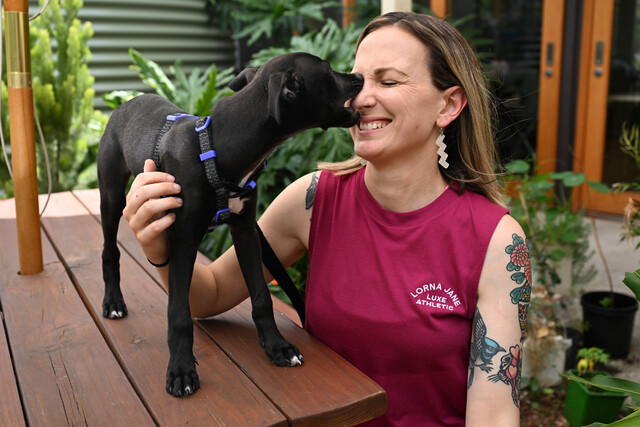Philipp Bader didn’t set out to become a mathematician. He excelled at physics and mathematics during high school, so decided it was only natural to pursue these subjects at university.
“I didn’t think about enjoying it,” he said. “It was easy; it just happened.”
The German-born Northcote resident has been chosen to attend this year’s prestigious Heidelberg Laureate Forum, held just two hours from his hometown in Germany.
Dr Bader is one of just four mathematics students and post doctoral researchers in Australia, and one of just 100 worldwide, to be handpicked for the August forum.
It is a chance for some of the world’s best up-and-coming minds to meet and learn from holders of the Abel Prize, Fields Medal, and ACM A.M. Turing award.
Bader said he was surprised to be picked but thrilled to have the chance to exchange ideas and network with laureates from the mathematics and computer science fields.
The laureates will mentor and exchange ideas with the researchers at lectures, workshops and informal social events.
There will also be a “hot topic” discussion about the challenges of big data, a term that describes data with the potential to be mined for information.
Dr Bader’s particular field of study is the geometric integration of differential equations, or in layman’s terms, the study of motion.
“I did a masters in mathematics and theoretical physics and I found a field between the two,” he said.
The 30-year-old moved to Australia about six months ago to take up a research position at La Trobe University Bundoora under the supervision of Professor Reinout Quispel. Prior to this, he studied for five years in Spain.
He has quickly fallen for Melbourne’s charm.
“I expected it to be a bit warmer but, apart from that, the food is excellent.”

